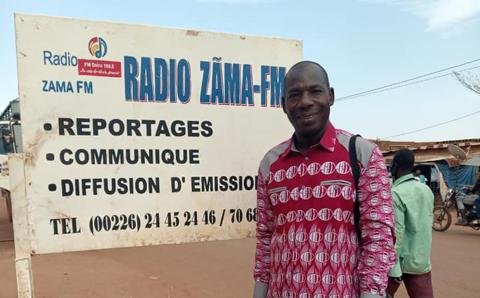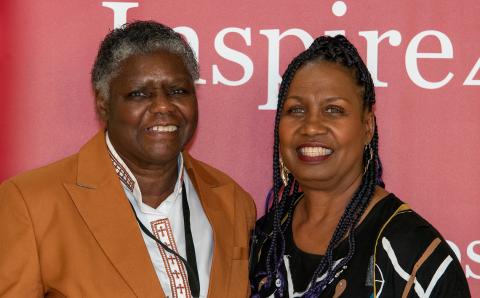People often say that we should read the Bible to know what God is saying. But how do we read the Bible to make decisions that don’t necessarily have a moral answer?
The first answer is that what God is saying in the Bible is this: Jesus (Heb. 1:1-3). The Bible is not meant to be an exhaustive answer sheet or a manual for life, but the true story of how God is healing creation through Jesus Christ.
Second, Scripture orients us for decision making by getting to the heart of things. As you note, it doesn’t give specific directions like “Take this job” or “Play this sport.” But although we are not given details about the what, where, or how, what is crystal clear in the pages of Scripture is the why. Why take this job? Why play this sport? Why get out of bed in the morning? “Whatever you do,” Paul writes, “do it all for the glory of God” (1 Cor. 10:31). This means that the world is wide open for you to explore within God’s loving limits, loving your neighbor through your work and seeking “to make imperfect models of the good world to come” (Lewis B. Smedes, My God and I).
Finally, because it is the authoritative story of the world, we don’t just look at Scripture. We look at our lives through Scripture. It is our lens for interpreting the world and living fruitfully in it. We try to understand what sort of a life makes sense if the world is the way the Bible describes it—created for good, broken by sin, and being redeemed for better. If Jesus invites me to share in his life, how shall I live? This means our Bible reading must move from basic knowledge (what the Bible says) to principled understanding (articulating the biblical vision for human life) to embodied wisdom (our everyday decisions reflecting our faith).
We face decisions every day; many of them can be made with ordinary deliberation. When the decisions are difficult, we require additional resources, such as the counsel of wise friends and pastoral guides. But all our decisions should be made with humility, in a spirit of gratitude and dependence, and not taking ourselves too seriously.
About the Author
Justin Ariel Bailey is assistant professor of theology at Dordt University. He, his wife, and their two children are members of Covenant CRC in Sioux Center, Iowa.









